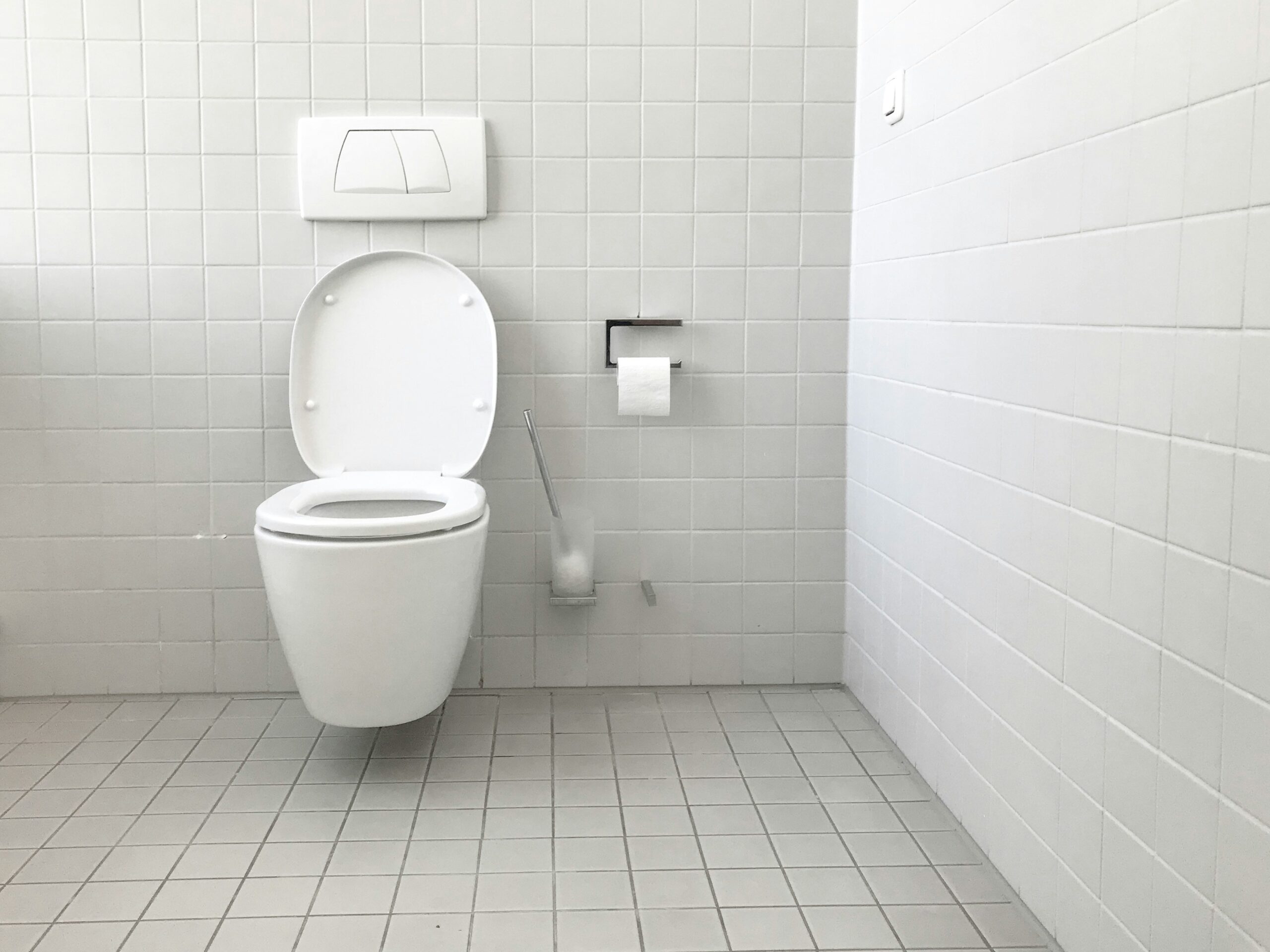
For most Utah homeowners with septic systems, the worst nightmare are septic emergencies: sewage backing up into the home, soggy spots spreading across the yard, or costly drainfield failures.
The truth? Most septic emergencies don’t happen overnight. They build slowly, caused by small daily habits, lack of maintenance, or ignoring early warning signs. The good news is that with the right habits, emergencies are almost always preventable.
At Regal Service Team, we’ve been helping Utah families avoid septic disasters for decades. In this guide, we’ll share the key habits every homeowner should know to protect their system, avoid emergencies, and save thousands in repair costs.
Before we dive into prevention, let’s understand the most common causes of septic emergencies:
Related Reading: 5 Signs Your Septic System Needs Immediate Attention.
Pumping is the single most effective way to prevent emergencies. The EPA recommends every 3–5 years, but factors like tank size, household size, and water usage may shorten that interval.
The key is regular pumping before problems appear—not waiting until drains clog or sewage backs up.
Septic systems are designed for human waste and toilet paper—nothing else. Flushing the wrong items is one of the top causes of septic clogs.
Never flush:
Pro Tip: Post a small sign in guest bathrooms reminding visitors what not to flush.
Septic systems can only handle so much water at once. Overloading with excess water reduces treatment time and pushes solids into the drainfield.
Water-saving tips:
The drainfield is the heart of your septic system—it’s where final wastewater treatment happens. Protecting it is key to preventing emergencies.
Do:
Don’t:
Harsh chemicals kill the bacteria that make septic systems work. Without healthy bacteria, solids won’t break down properly.
Avoid:
Choose instead:
Catching small issues early prevents big emergencies. Warning signs include:
If you notice any of these, call a professional immediately—waiting only makes the problem worse.
Beyond pumping, regular inspections are essential. Professionals can check for:
Inspections every 1–3 years keep surprises at bay and ensure your system is running as it should.
One Utah homeowner ignored slow drains and odors for months, assuming it was a minor plumbing issue. By the time Regal Service Team arrived, the drainfield was clogged beyond repair.
The cost of a replacement? Over $15,000.
If the system had been pumped and inspected on schedule, the issue could have been avoided for just a few hundred dollars.
Utah’s weather changes dramatically across the seasons—and so should your septic habits:
See OSHA Winter Weather Resources for cold-weather preparation guidance.
Septic repairs and replacements are some of the costliest home expenses. A failed system isn’t just inconvenient—it can devalue property and create health hazards.
Preventative habits cost little to nothing compared to:
In short: good habits protect both your home and your wallet.
Your septic system is one of the hardest-working, least visible parts of your home. But it only works as well as the habits you build around it.
By sticking to a pumping schedule, watching what you flush, conserving water, and protecting your drainfield, you’ll avoid emergencies and keep your system healthy for decades.
At Regal Service Team, we’ve seen how these habits save homeowners stress, money, and sleepless nights.
Because when you practice the right habits today, you prevent the emergencies of tomorrow.